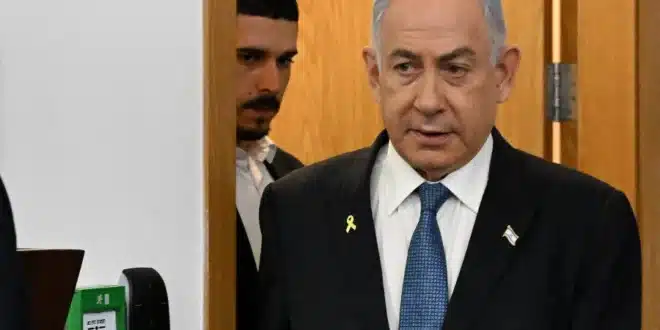Israeli Prime Minister Benjamin Netanyahu said that Israeli forces will be in Lebanon longer than previously mentioned or a 60-day withdrawal. This is against the background of a continuing tense atmosphere in the region, with many questions being left to Israel’s strategy in the long term and implications on regional stability.
The first 60-day withdrawal plan was part of a ceasefire agreement in the hope of cooling off hostilities between Israel and Hezbollah. However, Netanyahu declared that operational complications and valid security apprehensions make the presence in Lebanon longer than initially announced. The prime minister reiterated that the security of every Israeli citizen and prevention of any threat to the people in future remains his priority.
While the ceasefire agreement called for the Lebanese Army and UN peacekeepers to take over southern Lebanon, replacing Israeli forces there, the move reflects some suspicion that those forces are not yet ready or able to hold back Hezbollah activities.
This was met with mixed reactions across the region. Lebanese officials seemed irritatingly puzzled by the now-extended military presence, which has been called a violation of sovereignty. Hezbollah has, however, condemned the move, terming it an act of aggression, and promising resistance in return.
The international community, through the UN and key mediators in the deal to cease fire, all warned against violence, as many called on all sides to adhere to what had been agreed upon and to avoid further escalation.
The longer stay reflects the complexities of the Israeli-Lebanese conflict. At the center of Israel’s concern is the military build-up of Hezbollah. The influence of this group in southern Lebanon poses a real challenge to the fragile peace in that region.
The extended mission is, therefore, to ensure Hezbollah does not get an opportunity to regroup for future attacks, according to Israel. Critics maintain that the presence may increase tension and make diplomatic efforts even more complicated.
Events unfolding, both Israeli forces and regional players are watched on what comes next. The next weeks will be critical, which could either lead to further conflict or provide an opening for renewed negotiations due to the extended stay.
This development underlines the urgent need for a sustainable resolution of the Israeli-Lebanese tensions, ensuring peace and security for all sides involved.


